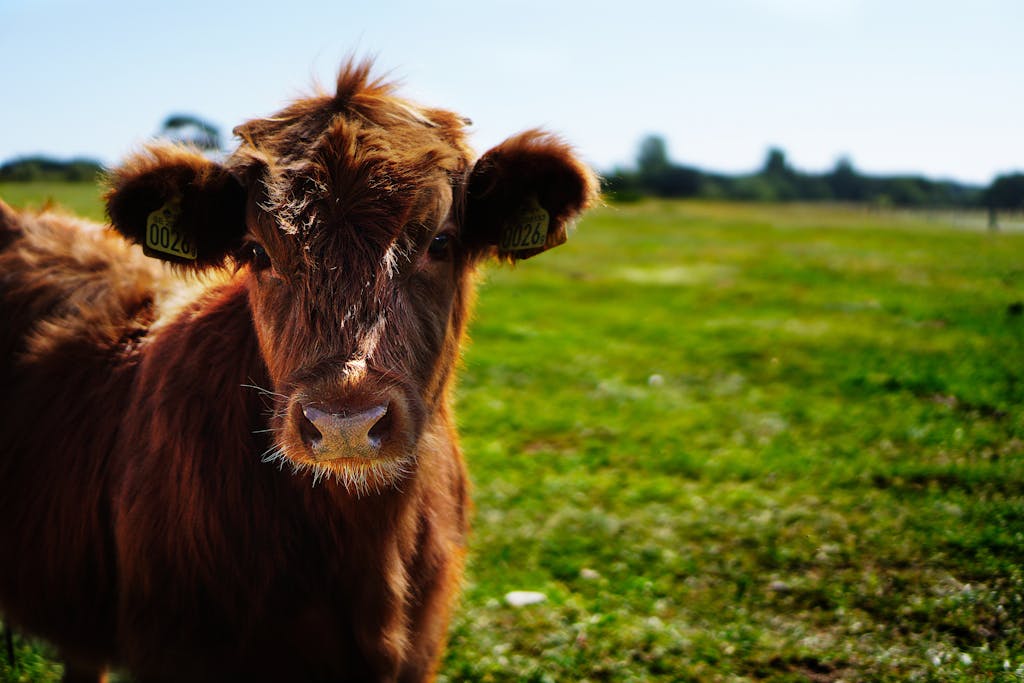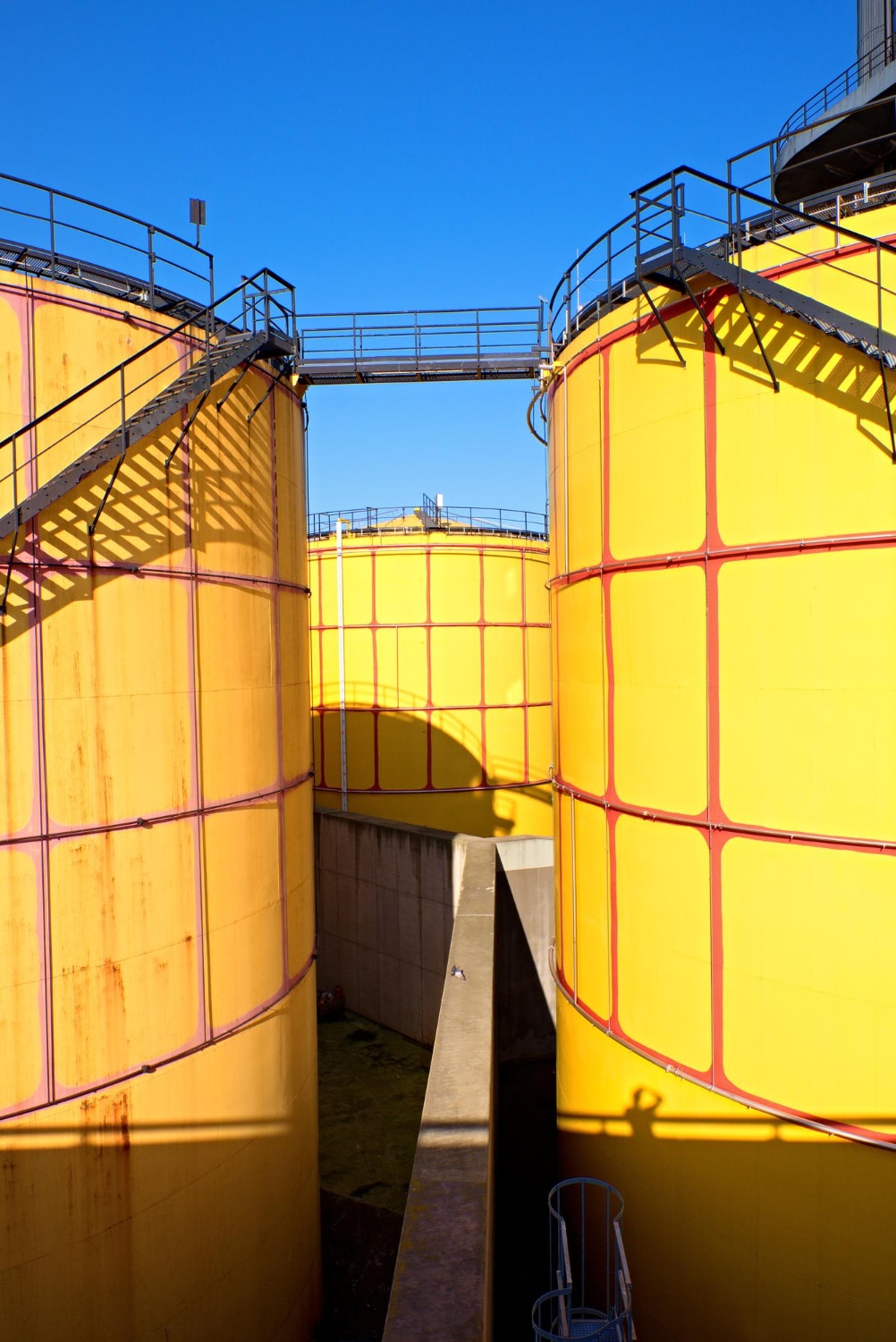Are you aware of the crucial role animal feed manufacturers play in the well-being of livestock?

The quality of feed directly impacts the health and productivity of the animals it nourishes. Understanding the intricate balance of nutrients required for different species is just the beginning.
Discover how innovative formulations and sustainable practices are shaping the future of livestock nutrition.
The Role of Animal Feed Manufacturers
Animal feed manufacturer play a crucial role in ensuring the nutritional needs of livestock are met efficiently and effectively. They’re at the core of the supply chain, bridging the gap between raw materials and the final feed products that meet market demand. These manufacturers must carefully monitor market trends to adjust production and meet the dynamic needs of livestock owners. By understanding market demand, feed manufacturers can optimize their processes to deliver high-quality feeds that cater to the specific requirements of different livestock species.
In the supply chain, animal feed manufacturers source raw materials such as grains, protein sources, and vitamins to create balanced feed formulations. These formulations are designed to meet the nutritional needs of livestock at different stages of growth and production. Through quality control measures and rigorous testing, manufacturers ensure that the feeds they produce are safe, nutritious, and free from contaminants. Ultimately, the role of animal feed manufacturers is pivotal in sustaining the health and productivity of livestock worldwide.
Nutritional Requirements for Livestock
To ensure optimal health and productivity in livestock, understanding and meeting their specific nutritional requirements is essential. Protein sources play a crucial role in livestock nutrition, providing essential amino acids necessary for growth and development. Balancing these protein sources with other nutrients like carbohydrates, fats, vitamins, and minerals is vital for overall dietary balance.
The digestibility of feed, which refers to the amount of nutrients that can be absorbed by the animal’s digestive system, directly impacts feed efficiency. Highly digestible feeds result in better feed efficiency, ensuring that animals can convert the nutrients they consume into body mass more effectively.
Formulation Process of Animal Feeds
In the formulation process of animal feeds, the balance of nutrients is meticulously calculated to meet the specific dietary requirements of different livestock species. Ingredient selection plays a crucial role in ensuring that the feed formulation meets the nutritional needs of the animals. Various ingredients such as grains, protein sources, vitamins, and minerals are carefully chosen based on their nutrient content and digestibility.
Once the ingredients are selected, the mixing process begins. During this stage, precise measurements of each ingredient are combined to create a uniform mixture. Quality control is essential at every step to guarantee that the feed meets the required nutritional standards. Regular testing and analysis are conducted to ensure the accuracy and consistency of the feed formulation.
Efficiency in production is also a key aspect of the formulation process. Streamlining operations, optimizing ingredient usage, and minimizing waste all contribute to enhancing production efficiency. By carefully managing ingredient selection, mixing processes, quality control, and production efficiency, animal feed manufacturers can produce high-quality feeds that effectively nourish livestock for better lives.
Impact of Quality Feed on Livestock
The meticulous balance of nutrients in quality animal feeds directly influences the health and productivity of livestock. Feed efficiency, a key metric in livestock farming, is significantly impacted by the quality of the feed provided. When livestock receive a well-rounded diet with the right mix of proteins, carbohydrates, fats, vitamins, and minerals, their bodies can efficiently convert the feed into energy and growth. This enhanced feed efficiency not only improves the overall health of the animals but also plays a vital role in optimizing growth rates.
Livestock health is closely tied to feed composition. Quality feeds that are free from contaminants and provide essential nutrients in the right proportions help in maintaining the well-being of the animals. Proper nutrition leads to stronger immune systems, better reproductive performance, and overall vitality in livestock. Additionally, the growth rate of livestock is directly correlated with the quality of feed they receive. A balanced diet supports optimal growth, ensuring that the animals reach their full potential efficiently.
Sustainable Practices in Feed Manufacturing
Employing sustainable practices in feed manufacturing is crucial for ensuring long-term environmental and economic viability in the livestock industry. Eco-friendly production methods aim to reduce the carbon footprint of feed manufacturing processes. This includes utilizing renewable energy sources, optimizing water usage, and minimizing waste generation. Ethical sourcing of ingredients is another key aspect of sustainability in feed production. It involves selecting suppliers who prioritize animal welfare, fair labor practices, and environmentally responsible farming techniques.
Implementing sustainable practices not only benefits the environment but also enhances the overall quality of the feed. By using eco-friendly production methods, feed manufacturers can produce nutritionally balanced feeds while reducing negative impacts on the ecosystem. Ethical sourcing ensures that the ingredients used are of high quality and produced in a responsible manner. Consumers are increasingly demanding transparency and accountability in the sourcing and production of livestock feed, making sustainable practices essential for long-term success in the industry.
Conclusion
You have now unlocked the secrets of animal feed manufacturing, a world where science meets nutrition to nourish our precious livestock.
Remember, the quality of feed directly impacts the health and productivity of our animals. So, next time you see a content cow or a happy hen, thank the feed manufacturer who made it all possible.
Keep feeding your livestock well, for a better life awaits them – and you.








